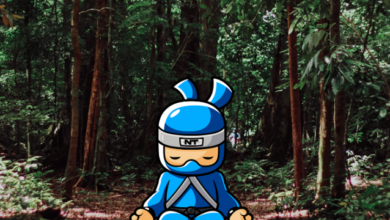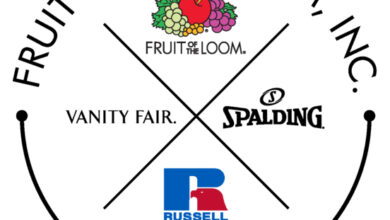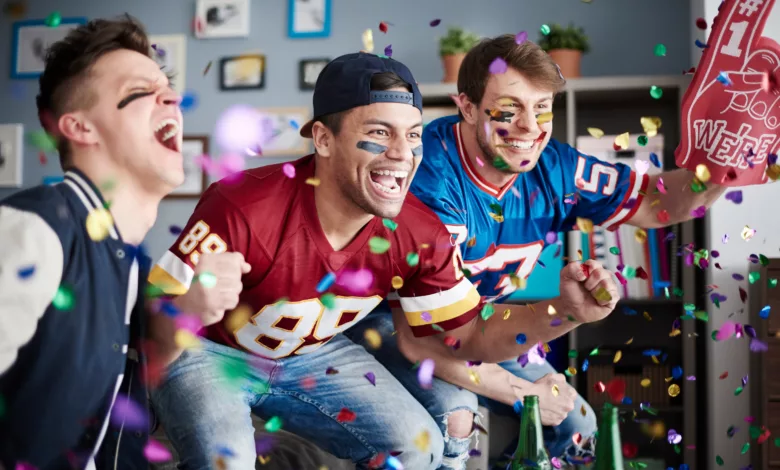
I recently spoke to a customer and friend, Peter Mendez, co-owner of Long Island, New York-based Mendez Printing, a family-run business using digital direct-to-garment (DTG) print technology to create graphically unlimited apparel for schools, sports teams, hospitals, businesses, and other organizations in his community. Like a growing number of Americans, he’s a big soccer fan, and couldn’t help but notice the role of championship merchandise in major events like the recent World Cup.
“We’ve all seen World Series winners, Super Bowl winners, and most recently Argentina hoisting the World Cup in Qatar, and almost like magic, the winner brandishes custom-printed garments after their victory,” says Mendez. “On-demand DTG printing offers the speed and versatility to take full advantage of this opportunity, both on and off the field. It’s agile and requires no minimum quantity. The next World Cup will be here, and the final game played at MetLife Stadium in New Jersey, a mere 33 miles from our shop. Just imagine the simple logistics of having gear for the competing teams printed on fanwear and fashion with sustainable, industry-best digital capabilities right here in the area, with virtually no shipping and delivery time.”
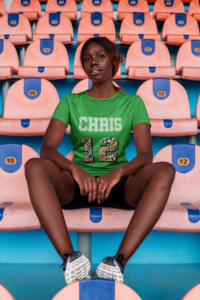
Flag on the play
I think he has an excellent point, although I’d step back and look at the even broader picture. For every team celebrating with new gear on the field, there are millions of sports fans around the world with a passion for sharing in that sense of victory. As an extension of the team, a diehard fanbase wants to celebrate the wins, and support their team in any way possible — especially through sports apparel. That’s why, practically overnight, vendors both online and brick-and-mortar stock their shelves with championship merch, often at premium prices, and delivering premium revenues for teams and licensed apparel providers.
And yet, the slow mechanics involved in producing and shipping that inventory via traditional means — screen printing, dye sublimation, embroidery, vinyl transfer, and the like – has long necessitated overproduction. This is one circumstance where “be prepared” means “generate far more than you need because you won’t know who wins until it’s too late.”
An article published in the Los Angeles Times shortly before the last Super Bowl discussed this phenomenon at length, noting the “conundrum” of sports retailers who at that time held two contrasting inventories of caps, T-shirts, sweatshirts, and face masks alternately celebrating the “Super Bowl LVI Champion Los Angeles Rams” and “Super Bowl LVI Champion Cincinnati Bengals,” awaiting the big game to decide the true winner.
According to one L.A. retail clerk cited in the piece, “demand for Rams gear had been low all year, so an uptick in interest after their NFC championship win caught the store off guard.” Meanwhile, they cited a web-based licensed apparel decorator who noted that “Bengals gear has been outselling the Rams 4 to 1.”
So when the LA Rams became Super Bowl Champions on Feb. 13, 2022, and companies like Good360 began shipping “Super Bowl Champion Cincinnati Bengals” gear shortly thereafter — it became an awkward example of out-of-touch memorabilia finding its way into collectors’ hands. And every big game yields the same pile of “Dewey Defeats Truman”-type curios, to be written off at considerable cost to producers.
Delay of game
Surely an apparel industry that’s spent recent years fighting charges of waste, ecological harm, “greenwashing,” the downsides of “fast fashion,” and other byproducts of overproduction can do better than knowingly creating more piles of goods than will ever be needed and labeling one of those piles “tax write-off.” If producers aren’t moving beyond that business model for environmental reasons, then surely it’s worth considering for better profit margins, better customer experiences, and creating a proven pathway to operational growth.
The kick is good
The state of on-demand digital apparel printing has long since matched the quality, durability, and brand standards of today’s major apparel retailers and sports teams, and as Mendez suggested, it can fulfill demand in a fraction of the time compared to other production mechanisms. With a single step, you can have ready-to-wear apparel without limitations of color or graphic design, applied to any number of cotton, polyester, blends, or other materials in mere minutes, so you can produce only what you sell — or, in most cases, produce only the winning team’s championship gear. There’s no setup time; simply render an image on a screen, and the DTG system renders it on your garment, so costs are low and margins are robust, whether you’re producing one or 1,000 pieces.
The most advanced of these systems can replicate screen, dye sublimation, vinyl transfer, embroidery, and even 3D imagery using the same efficient mechanism, so your production floor can produce more with less labor, less energy, fewer materials, and less time. It’s the perfect solution for streamlining operations and enabling long-term growth.
Innovative workflow technology provides transparency and accountability across the end-to-end production experience and a consistent product across multiple production systems and production sites. Whether you’re creating on-demand sportswear and fan gear in Los Angeles, Buenos Aires, Paris, Tel Aviv, or Tokyo — or all of the above — digital offers consistency and reliability. Become the go-to provider for never-before-seen sports apparel in your local market, or wherever the demand is, with the untouchable speed, agility, quality, profitability, and uncompromising imagery only digital can provide fans.
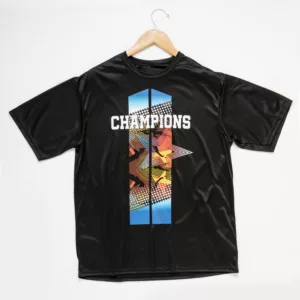
Be a DTG all-star
Digital on-demand fashion and apparel production empowers you to capture the moment, and capitalize on opportunities in real-time. This can apply to a championship tournament such as the World Cup, Super Bowl, or March Madness, or any performance worth commemorating. Your team’s starting pitcher throws a no-hitter? Your favorite NBA player sets new points record for his team? How about capturing a successful Hail Mary pass with only seconds left? Put a photorealistic image from that game, complete with score and any other relevant details you like, on a T-shirt and have it for sale on your e-commerce site within hours.
Or let your customers design it themselves. Which brings me to one final point.
Be part of the huddle
David Hardman, proprietor of Scottsdale, Arizona-based Huddleup Stores, is another customer and friend. His business focuses on providing quality “teamwear” in all its forms, including custom sports apparel but also catering to charities, community organizations, corporate groups, and others in his area. He’s using digital DTG capabilities in particular to imprint polyester and poly-blend apparel common to the sportswear market. For Hardman’s teams, the localized scale of their demand puts the cost of overproduction into focus, as well as the true opportunity presented by digital capabilities.
“Customization and personalization make the most impact locally, on the personal level,” says Hardman. “When the consumer has the opportunity to actually go and choose what they want, their company doesn’t have to guess at it, and won’t sink costs by guessing sizes, designs, and excess inventory storage. Companies often forget sunk costs and devalue their brand when they only sell a portion of what they’ve produced.”
He continues, “This principle applies even more so at the local level because you don’t have a million fans willing to buy things. The big brands don’t care that they’re throwing $100,000 away, but the small and medium companies can’t afford those repeated losses. I want to give people something they know they want, something where they choose what makes them happy. We all get to have the number we want on our backs.”
With digital on-demand DTG production, you have the versatility to not only commemorate the big games but also empower fans to put their own spin on their apparel. That can include personalization, capturing a special moment, and more. The only limit is their imagination, and wearing it is a winning feeling, no matter who’s playing.

